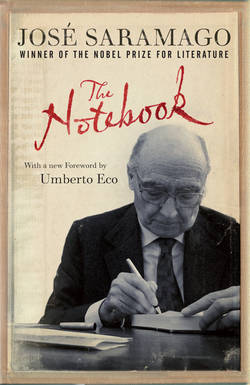Читать книгу The Notebook - José Saramago - Страница 33
На сайте Литреса книга снята с продажи.
EN PIE DE PAZ
ОглавлениеFederico Mayor Zaragoza translates the pains of his conscience into poems. Of course, he is not the only poet to do this, but the difference—to my mind a fundamental one—lies in the fact that they, these poems, almost without exception, are an appeal to the conscience of the world, delivered this time without the illusions of his earlier almost systemic optimism. Speaking to the conscience of the world could easily be taken as yet another vague gesture to add to those that have lately been infecting the ideological discourse and so-called thinking of certain sectors of the left. That is not so. Federico Mayor Zaragoza knows humanity and the world better than most; he is not a fickle tourist of ideas, one of those who devote their attention to discovering which way the wind is blowing and then consistently setting their course wherever they consider most convenient. When I say that in his poems Federico Mayor Zaragoza appeals to the conscience of the world, I mean that he is addressing himself to people, to each and every one of them, people who wander about, confused, disoriented, stunned, amid intentionally contradictory messages, trying not to inhale the atmosphere of organized lies that has come to compete with simple oxygen and simple nitrogen.
Some would say that Federico Mayor Zaragoza’s poetry has been feeding from the inexhaustible store of good intentions. Personally, I disagree. Federico Mayor feeds—poetically and vitally—from another store, the one that holds the treasure of his inexhaustible and extraordinary kindness. His poems, more sophisticated than their formal simplicity admits, are the expressions of an exemplary personality, a man who has not cut himself off from the living masses, who belongs to them through feeling and reason, two human attributes that have reached a higher level in Federico. We owe this man, this poet, this citizen much more than we can imagine.
